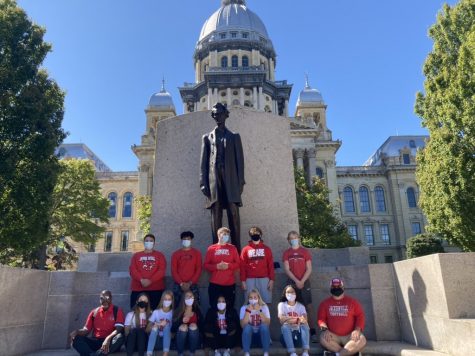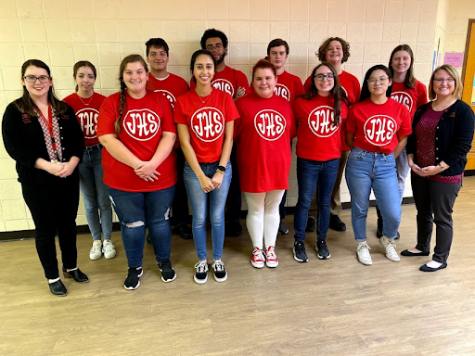Global pandemic is affecting more than those infected
April 16, 2020
Since December 2019, the words “coronavirus” and “COVID-19” have become household names. What is likely to have originated from a bat in southeast China has now infected over two million people and taken the lives of around 150,000 people worldwide. Similar to the SARS outbreak in the early 2000s and MERS outbreak in the mid-2010s, COVID-19 is also a coronavirus, notable due to its crown shape when looked at under a microscope. The disease mainly attacks the lungs of those infected, but many cases have proven it also attacks the kidneys and heart. Now, who is the disease really affecting?
Those infected must quarantine and isolate themselves for fourteen days once symptoms appear. Those who have contracted the virus may experience a dry cough, fever, extreme fatigue, and can have difficulty breathing in more severe cases. COVID-19 has claimed the lives of almost 150,000 people around the world, nearly 35,000 in the United States.
Medical professionals are being overworked to say the least. Working many overtime hours and being unable to be with their families are just a few of the hardships doctors, nurses, and other medical professionals are facing at this time. Health care workers are essential to fighting this outbreak, and they are getting sick and dying everyday.
Teens have also taken a hit from this time of cancellations. Events like prom and graduation ceremonies are things that people remember for the rest of their lives. Those missing out on these memorable moments may not have the same motivation to get their online school work done. Teens are having withdrawals from seeing friends, teachers, coaches, and just living their normal lives.
Many companies and businesses may never recover from this period of little to no revenue and service. Economies may be facing the most difficulties during this time. Fewer employees are needed in restaurants, bars, and other nonessential businesses, stripping those people of a paycheck and a way to provide for their families. People are unable to pay bills and futures are being put on hold because people don’t know when or where their next paycheck will come from.
Although there is no “cure” or vaccine for the coronavirus and no way to give people back important life experiences that have been missed, there are still ways to prevent the spread and prevent the return of a coronavirus in the following years.






